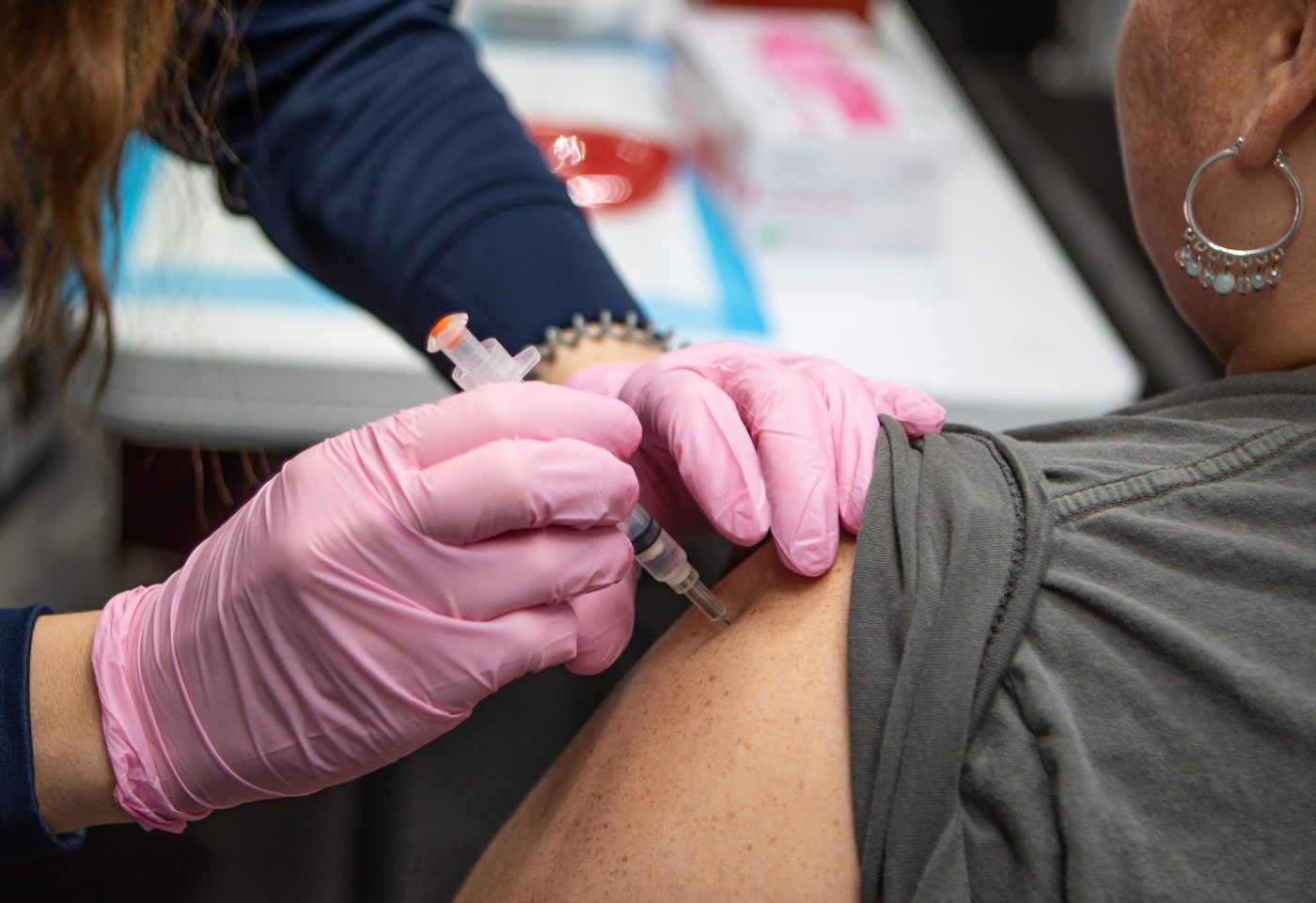Influenza cases are increasing in the Lehigh Valley region of eastern Pennsylvania, prompting health officials to urge vaccinations. Both St. Luke’s University Health Network and Lehigh Valley Health Network have reported a rise in flu patients. According to the Pennsylvania Department of Health, the state has confirmed 1,847 cases of influenza so far this season, marking an almost 48% increase from the previous week.
Recent data highlights that Lehigh, Northampton, and Bucks counties are experiencing some of the highest rates of confirmed flu cases in Pennsylvania. Dr. Tibisay Villalobos, chief of infectious diseases for the Lehigh Valley Health Network’s Department of Pediatrics, noted that many of the cases are among children, with a few requiring hospitalization. “One of them was a newborn that was very severe, but I think it was very severe because of the age of the patient and that newborn went home OK,” Villalobos explained.
Despite the rise in cases, hospitalizations related to influenza have not surged dramatically yet. The current flu season is expected to be moderate, similar to last year, but Dr. Jeffrey Jahre, chief emeritus of infectious diseases at St. Luke’s, described last season as one of the worst in recent years for the network.
Vaccination is highly recommended for everyone six months and older, particularly for children. Villalobos emphasized the importance of the flu vaccine, stating it cannot always prevent infection but significantly reduces the severity of illness. She added that children who receive the flu vaccine consistently tend to have higher immunity than those who do so sporadically.
The stakes are high: every year, otherwise healthy children can develop severe cases of influenza, sometimes leading to serious complications or fatalities. Villalobos pointed out that last year saw 280 children die from the flu, the highest number in the past decade. “Ninety percent of the children that die from influenza every year are healthy children,” she noted, adding that many of these fatalities occur in children who did not receive the vaccine.
While influenza cases rise, COVID-19 still poses a significant risk. Jahre remarked that the infection remains prevalent and highlighted ongoing confusion regarding vaccination guidance from federal health authorities. The Food and Drug Administration has approved the COVID vaccine for individuals over 65 with specific health conditions, but the Advisory Committee on Immunization Practices recommends vaccination for everyone over six months after consulting with their healthcare provider.
“This has created a lot of confusion, which leads to mistrust and ultimately lower vaccination uptake,” Jahre said. He noted that while some individuals refuse vaccines outright, many are unsure of what guidance to follow due to conflicting information.
The American Academy of Pediatrics is currently suing the federal government over changes to COVID vaccine policies, a move supported by several medical organizations, including the American College of Obstetricians & Gynecologists. Meanwhile, St. Luke’s is advising its patients based on its own understanding of the risks, particularly for pregnant women, who should be vaccinated to protect themselves and their newborns.
Jahre underscored the importance of receiving the COVID-19 vaccine, stating, “Anyone who’s over the age of six months who wants the COVID vaccine should, unless there’s a specific contraindication, strongly consider getting it.” As the flu season progresses, health officials continue to stress the critical role of vaccinations in protecting public health.








































































